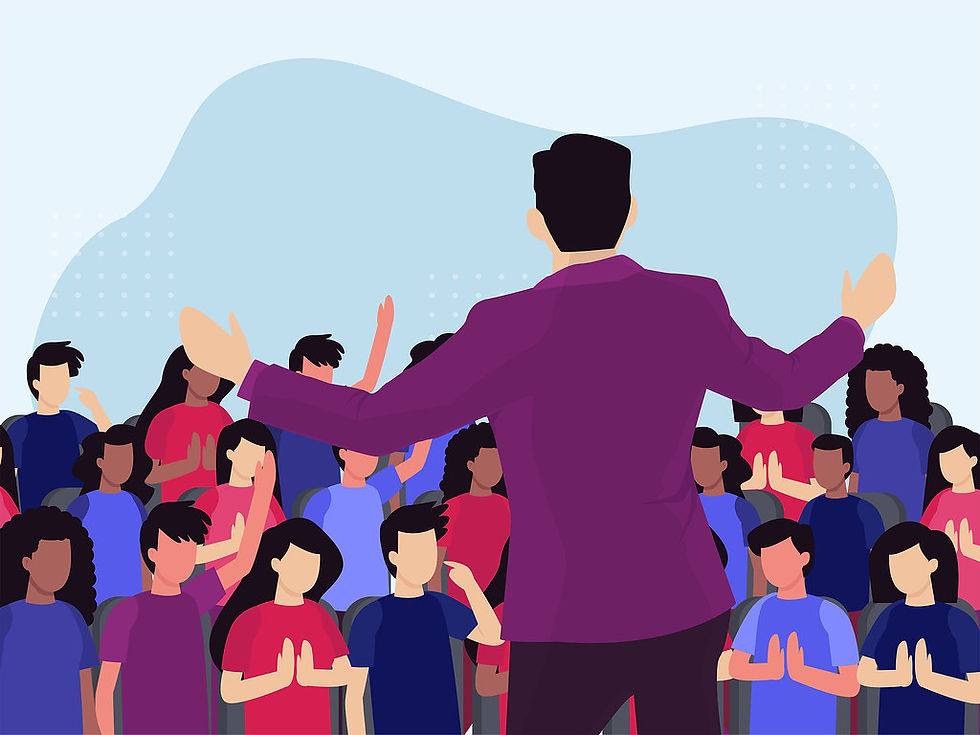Gaps in the Judicial System Pertaining to Sexual Violence
- Sanah Ramchandani
- Oct 19, 2024
- 2 min read
Updated: Jan 11, 2025

Sexual violence is a pervasive societal issue that inflicts lasting harm on individuals and communities. While strides have been made in recognizing and addressing this issue, significant gaps persist within the judicial system. These gaps undermine the pursuit of justice, perpetuate cycles of trauma, and contribute to a culture of impunity.
There is an average of 86 rape cases in India per day, yet no binding strong laws in place to work against sexual violence and to punish the perpetrators.
One of the main challenges of sexual violence is the underreporting of cases. There are multiple cases of sexual violence that don’t get reported to due to fear or embarrassment. Irrespective of the short term and long term effects of sexual violence ranging from feeling guilty & embarrassed, feeling isolated, skin issues and health related issues like STI to longer term issues like depression, suicidal thoughts, PTSD and even fear regarding romantic relationships.
The judicial process itself can be retraumatizing for survivors of sexual violence. Legal hurdles, such as stringent evidentiary standards and statutes of limitations, pose significant barriers to prosecution. Moreover, survivors frequently encounter victim-blaming attitudes and invasive questioning, further deterring them from seeking justice.
In order to help reduce this, it is important to create a support system around the person so that they can confide in a trusted adult whether or not it is family. Especially in the cases of victim blackmail it is crucial to have a trusted support system around them.
Moreover, it is imperative that the survivor gets immediate help, physically and emotionally. Getting rape kits done could be beneficial as it helps add to proof in order to take strict action against the perpetrator.
Reassuring the survivor, being empathetic and understanding goes a long way.
Marginalised communities, including women of colour, LGBTQ+ individuals, and persons with disabilities, face compounded barriers to accessing justice. Discrimination, bias, and systemic inequalities within the judicial system disproportionately affect these communities, further eroding trust and confidence in the legal process.
In these cases especially counselling and child welfare committees do help.
In order to bridge the chasm the following can be done:
Reforming of the laws in order to make gaining justice easier and in order to serve the perpetrator with a severe punishment in such a way that others get discouraged from violating someone sexually
Enhancing support systems by investing in comprehensive support for the survivor ranging from legal aid to physical aid and counselling sessions
Empowering Survivor Voices: Amplifying survivor voices in policy-making processes, fostering a culture of believing and supporting survivors, and centering their experiences in efforts to reform the judicial system.
Holding the perpetrators accountable and imposing meaningful consequences for perpetrators and promoting a culture of accountability to prevent further harm
By Writer Sanah Ramchandani and Researcher Savarnika Roy





Comments